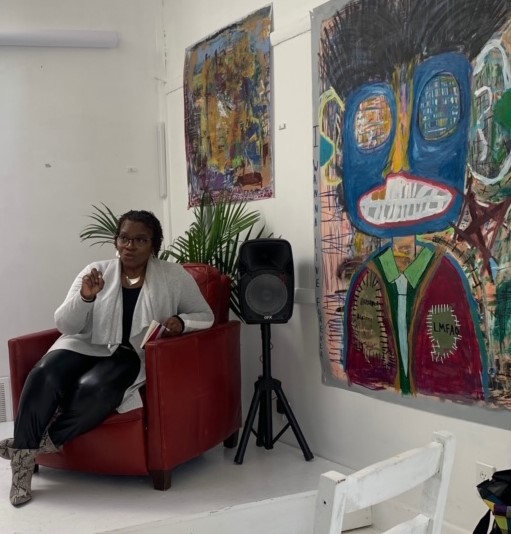
One Thing I Know for Sure….
August 21, 2017Despite the rise in female leaders into C-suite positions, the confidence quotient is still an illusive dichotomy in describing a woman’s ability to negotiate salaries, position herself for promotions and yes, network her way onto the golf course!
What women want is a voice at the table. What good is a seat when your voice cannot be heard? That initial voice at the table should not be grounded in your individual goals and objectives. Make sure those are fully vetted with your leader and that you are comfortable that your individual needs have been satisfied before making a run at it from your seat at the table (no axe to grind zone). What I have seen to not be helpful or influence decisions is bringing individual needs, goals, and issues to the table. Reminder: if you are negotiating an increase in compensation, it does not require a movement or a grass roots coalition. It simply requires having the confidence to hold a performance-based conversation with your boss — which by the way can seem easier if your boss is a woman.
I recently had a conversation about this with my son who provided me with great insight. “Mom,” he said. “I don’t understand all of the emotion behind your request for more money.” “Compensation is raw data…numbers, there is nothing emotional about it!” It was then I realized that I was demonstrating classic textbook behavior. What happened to my self-awareness and self-management which ultimately contributes to being able to effectively influence? Men feel quite comfortable in asking for what they want. While women are making great strides, we are still bound by perceptions of aggression, arrogance, being overly-confident and other negative attributions. I refer to this as the “Stepford” phenomenon. We are at the table, but constrained by the unspoken rules that choke-hold and transform successful professionals into “go along to get along people.”
Confidence is key. It attaches itself to our self-esteem, self-worth and competence like Gorilla Glue to paper. It defines our authenticity, courage and compassion. Get your voice at the table. Ensure you are in a good position to advocate for and influence larger organizational changes–It’s confidence-not emotion that will get you there.





